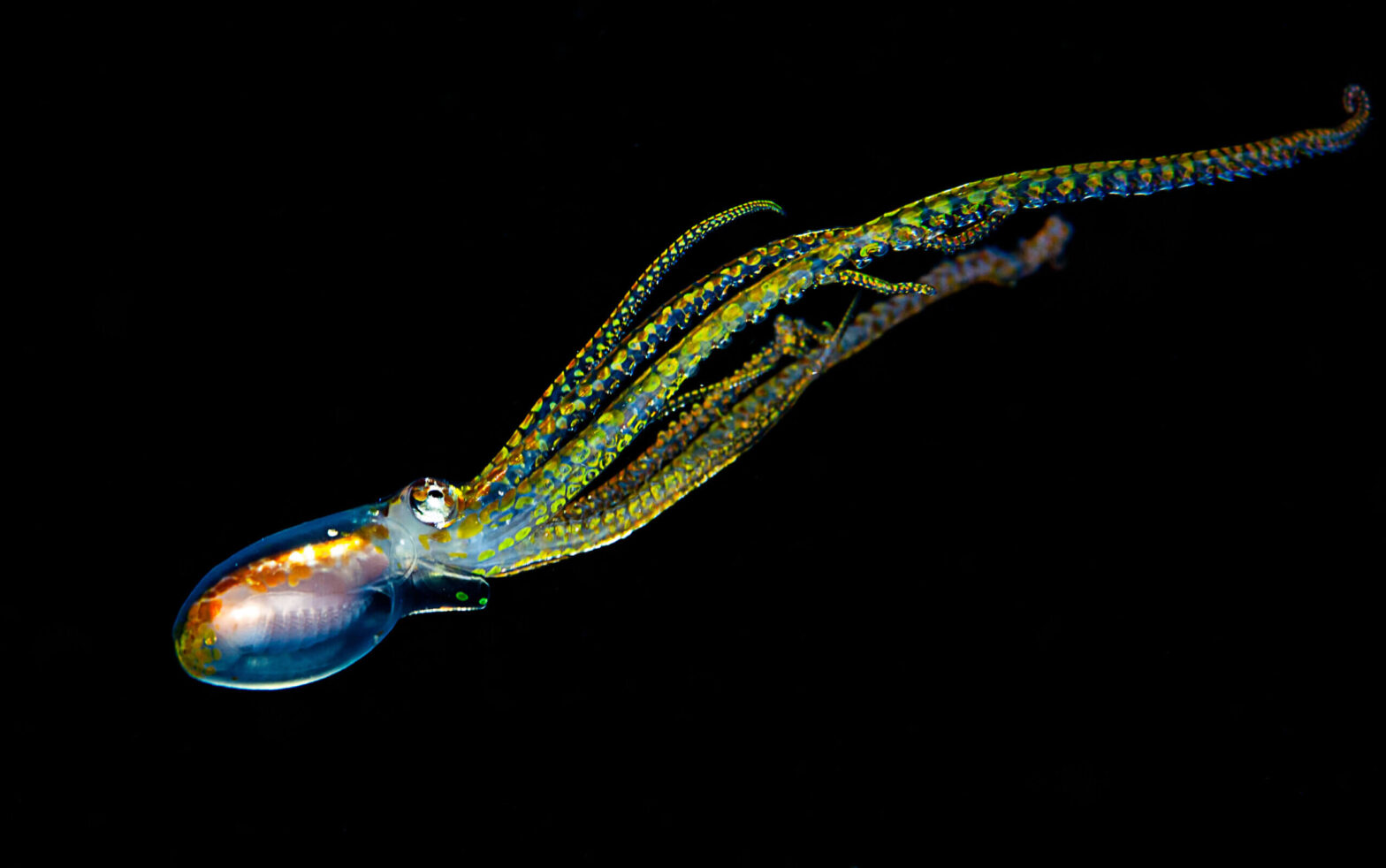International Seabed Authority (ISA)
According to the UN Convention on the Law of the Sea, the international seabed is considered to be the “common heritage of mankind”. This invaluable territory is administered by the International Seabed Authority. The ISA regulates the use of resources and is responsible for protecting deep-sea habitats from the adverse impacts of mining. In Dezember 2021, OceanCare was granted observer status at the International Seabed Authority by the 26th Assembly.
Deep-sea mining is still in the exploratory phase. Various states and companies are looking for mineral deposits on the seabed, but those mineral resources are not yet being commercially exploited. For international areas, a corresponding authorisation process is still pending. In some inland waters, however, mining is already permitted, but is not yet being carried out commercially.
Deep-sea mining is on the verge of being authorised
Interest groups that invest in mineral exploration and mining technologies are pushing for rapid authorisation of deep-sea mining on the international seabed. Their business model is risky: without authorisation, investments in expensive mining infrastructure may dry up. These only flow with the prospect of profits, which the industry expects in the course of the increasing demand for sustainable energies.
Only a small number of the 168 contracting partner states sit at the negotiating table of the Seabed Authority where the regulatory framework for the commercial exploitation of mineral resources is determined. They are also primarily those states who have an interest in promoting deep-sea mining. The influence of industry on the negotiations is also a matter of concern.
In June 2021, The Pacific island nation of Nauru filed a request for regulations to be put in place by 2023 to allow metal mining on the international seabed. The motion was sponsored by the Metals Company (until recently known as DeepGreen), which controls the mining company in question in Nauru.
OceanCare's demands
The ISA is justifiably being criticised for promoting the extraction of raw materials from the deep sea at the expense of environmental protection. The prevalence of commercial interests in its discourse runs counter to the body’s mandate to safeguard the environment. Important information on the negotiation process is kept under tight wraps and the engagement of representatives from civil society organisations such as non-governmental organisations (NGOs) is not adequately guaranteed.
Following complaints, the Seabed Authority drafted a stakeholder inclusion strategy in 2021 and submitted it for public review. OceanCare commented on this document, which does not adequately reflect internationally recognised principles on transparency and participation, and called for qualified NGOs to be admitted as observers. These observers should be able to participate fully in negotiations and consultations, to express their views and to submit documents. In addition, and unlike in the past, transparency should be the rule and confidentiality the exception subject to justification in respect to negotiations and applications relating to deep-sea mining.
The ISA is currently negotiating the regulations for commercial deep-sea mining within the framework of the so-called “Mining Code“. This includes binding requirements as well as recommendations. OceanCare has criticised the lack of regulations on underwater noise in a public hearing.
In particular, OceanCare addresses the International Seabed Authority regarding the harmful consequences of underwater noise caused by deep-sea mining. It is important that deep-sea mining remains banned until legal provisions can be established on the basis of solid scientific data to ensure the ecology of the deep sea is protected from harm.
